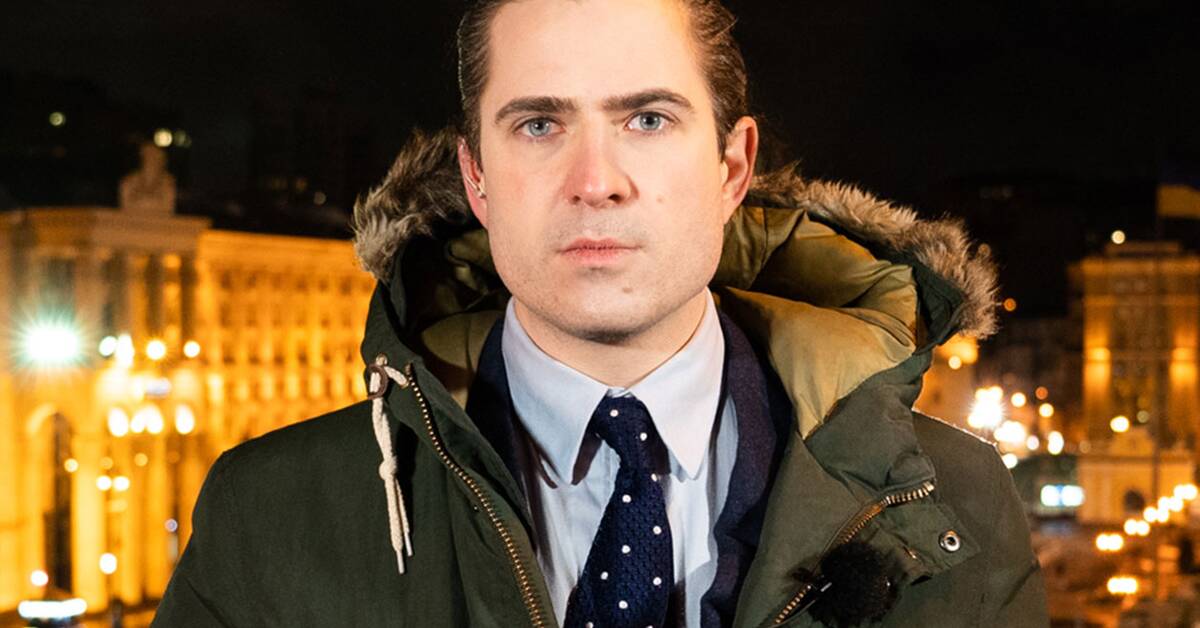Wednesday, February 16, came and went in Ukraine without any major Russian military offensive.
A military offensive that the US intelligence service, according to vague media reports, must have predicted by that very date.
The reactions from Moscow were predictably scornful: Foreign Ministry spokeswoman Maria Zacharova posted well on social media about silly concerns about an offensive that Russia officially dismisses as nonsense.
At the same time, concerns have hardly abated.
On the contrary, the situation is developing rapidly, and the image of Russia's primary diplomatic strategy is emerging.
Everyone points to the Reduction Agreement
Plan A seems to be to get Western countries to pressure Ukraine to implement the so-called Minsk Agreements.
President Vladimir Putin himself again referred to the two agreements when he met with German Chancellor Olaf Scholz.
The agreements were signed in Minsk in 2014 and 2015 but have never been fully complied with.
The Minsk 2 agreement is a 13-point agreement on, among other things, a ceasefire and that Kiev will regain control of the border with Russia.
The Donetsk and Luhansk breakaway regions will have a special status with some self-determination.
At first glance, this may also seem to be Westerners' plan.
Sweden's Foreign Minister Ann Linde and NATO Secretary General Jens Stoltenberg have both recently highlighted the agreements as the path to peace.
In addition, Ukraine has already signed on.
So what's the problem?
Different views on the Reduction Agreement
The problem is that Ukraine and Russia have different views on how to apply it in practice.
One stumbling block is what this special autonomous status of Donetsk and Luhansk would really mean.
The second is in what order it should go.
Ukraine wants control of its borders before breakaway regions are allowed to hold elections.
Russia wants elections first.
According to many observers, this would mean that Russia in practice determines the outcome, and can appoint enough pro-Russian politicians to stop political decisions in Ukraine that they do not like.
For example, membership in NATO or the EU.
Kiev, for its part, believes that it was forced to sign the agreement under threat and that accepting the implementation of the Minsk Agreement based on Russian interpretation would probably be political suicide.
Putin says neither yes nor no
Plan B for Russia would be to recognize Donetsk and Luhansk as independent states, which no country has done so far.
On Tuesday, the Duma voted to ask Putin to do just that, and according to observers, recognition would probably be followed by the invitation of Russian forces, as in Russian-backed breakaway republics in other countries.
Putin has not said yes but neither has no but a basis for acknowledging has at least been put forward.
Putin himself says that there is a "genocide" in the Donbass and Russian media at the same time make extensive allegations of attacks and threats against the regions, where most of the inhabitants are now also Russian citizens.
Wants to be seen as energetic
There are also several things that speak against Russian recognition.
Recognizing Donetsk and Luhansk would be a death knell for the Minsk Accords, and Russia's primary goals are influencing Ukraine's national policies - not regions already in control.
But if the Kremlin concludes that it is over, recognition can have benefits.
For example, there would be something concrete that Russia can emphasize as action at home, and an opinion poll indicates that a majority of Russians support independence for Donetsk and Luhansk, or alternatively Russian annexation directly.
What Russia is actually planning is highly unclear, but it is at least trying to give the impression that recognition is close at hand.
If nothing else, it is a loaded gun on the table in the negotiations with the Western countries you want to press Kiev or make concessions to Moscow themselves.

